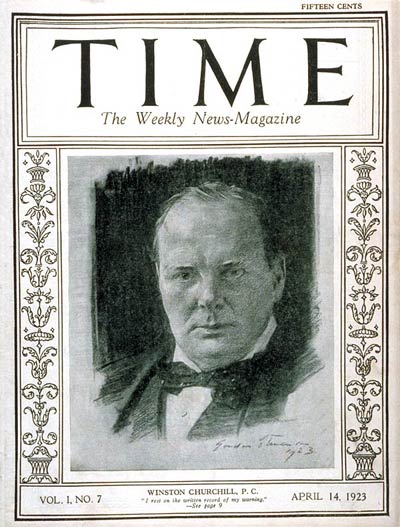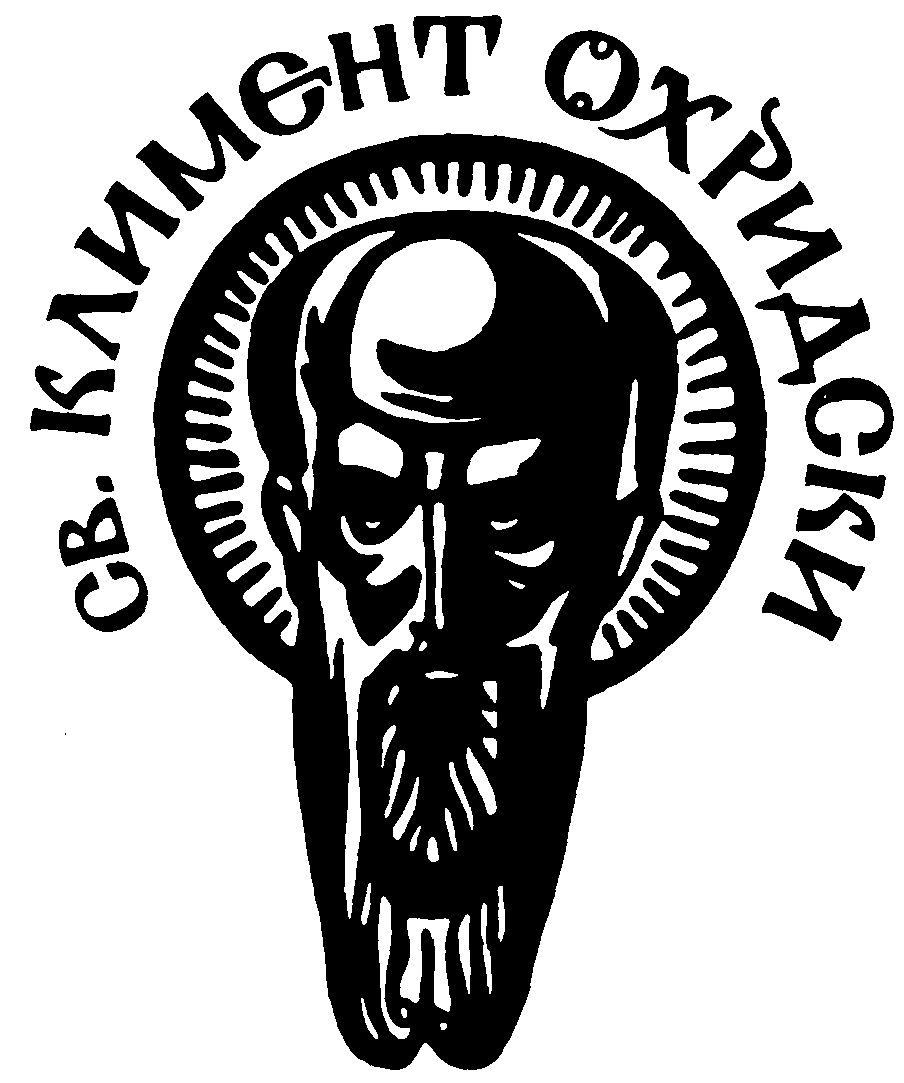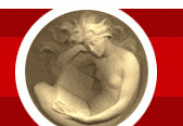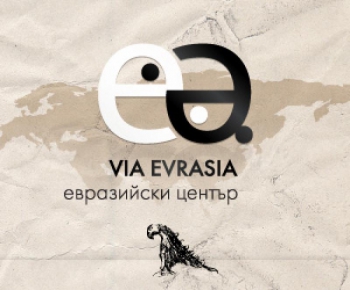ALBANIA: Man-Sized Revolt. - Time, Monday, June 23, 1924, електронен архив
 ALBANIA: Man-Sized Revolt
ALBANIA: Man-Sized Revolt
Monday, June 23, 1924
Since the third week of May, Albania has been the field of many battles. These may be said to have culminated during the past week with the establishment of a National Provisional Government at Tirana under the Premiership of Bishop Fan Stylian Noli, Harvard graduate.
It has been stated that the revolt was a fight between Monarchists and Republicans, but the trouble has been far deeper than that. While it seemed probable that Albania would declare herself a Republic, it was by no means certain.
The real trouble was that the independent Albanians took a violent dislike to the policy of Premier Ahmed Zogu. He had tried to abolish the old feudal system and set up a highly centralized government at Tirana, capital city. Some said, possibly without foundation, that he was intent upon making himself King.
Ahmed Zogu comes from the Mati clan. He was popularly thought of as being "energetic, educated, wealthy, severe." This was before he attempted to have a Constitution drafted by the Diet. After that, he became known as.an "ignorant despot" and was accused of favoring his tribe.
The Constitution embodied the idea of a centralized government, violated all the tribal rights and traditions, except those of the Mati. News was sent out to the outlying provinces telling of the perfidy of Ahmed and pretty soon that individual had a man-sized revolt on his hands. After some weeks of fighting, Ahmed fled to Yugo-Slavia and left the field clear to Bishop Noli and his comrades.
Bishop Noli is a totally different kind of a man from Ahmed Zogu. In 1908 he founded the Albanian Orthodox Greek Church, became its Bishop. From 1902-12 he attended Harvard and learned a great deal about American life and politics. Returning to Tirana, he was able to keep an eye on the Government, of which he strongly disapproved, and to keep the tribal leaders in the provinces posted on the trend of events. He is extremely well-informed, intelligent, speaks seven languages. His influence over recent events was stated to have been great and, as he has powerful and rich friends abroad, it was not surprising that the provincial tribesmen elected him their political leader. He was also instrumental in getting Albania admitted to the League of Nations in 1920.
Albania (about the size of New Jersey plus Maryland) has been governed since 1920 by a Council of Regents (consisting of four representatives—all of whom have now fled to Italy—of the four popular religions: Bektashi Moslem, Sunni Moslem, Roman-Catholic, Greek Orthodox) and by a Diet of 99 members.
Not much is known of the early Ghegs and Tosks (Albanians) except that their country was administered by Turkey from 1431 to 1912. When independence from the Turk was proclaimed, Albania became a pawn in the Balkan game, coveted alike by Austria, Serbia, Greece and Italy. During the War, first the Austrians overran the country; then the Italians who proclaimed a Protectorate over it. In 1920, when Premier Giolitti was in power, the Albanians kicked the Italians out—which insult the "Ities" (not then being Fascisti) swallowed with marked humility. Albanian independence for the second time was established.
When the Bishop Noli rebellion broke out, it was feared that Yugoslavia, Greece and Italy might feel the need of marching upon the country under pretext of protecting their nationals. Such an occurrence would almost certainly precipitate Another Balkan War. Italy, however, 'declared her neutrality at an early !date, but it was worthy of note that :Benito had seen fit to sign a treaty with Albania on March 1; that the Albanian signatory was Feizi Bey Alizoti; and that the latter returned to Albania to embrace the cause of Bishop Noli.



















